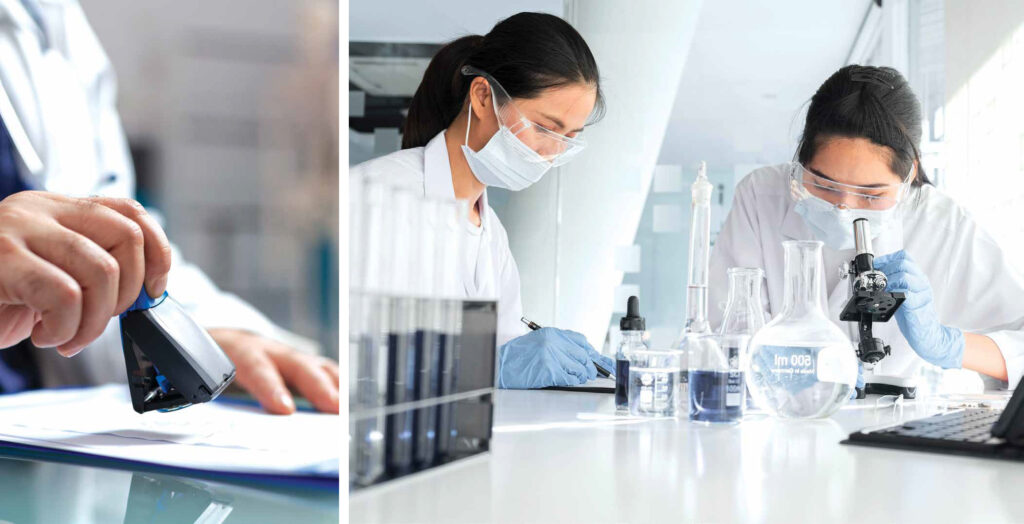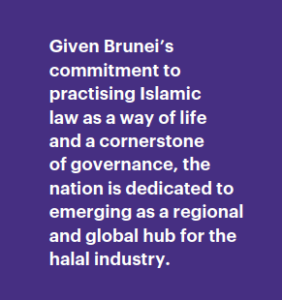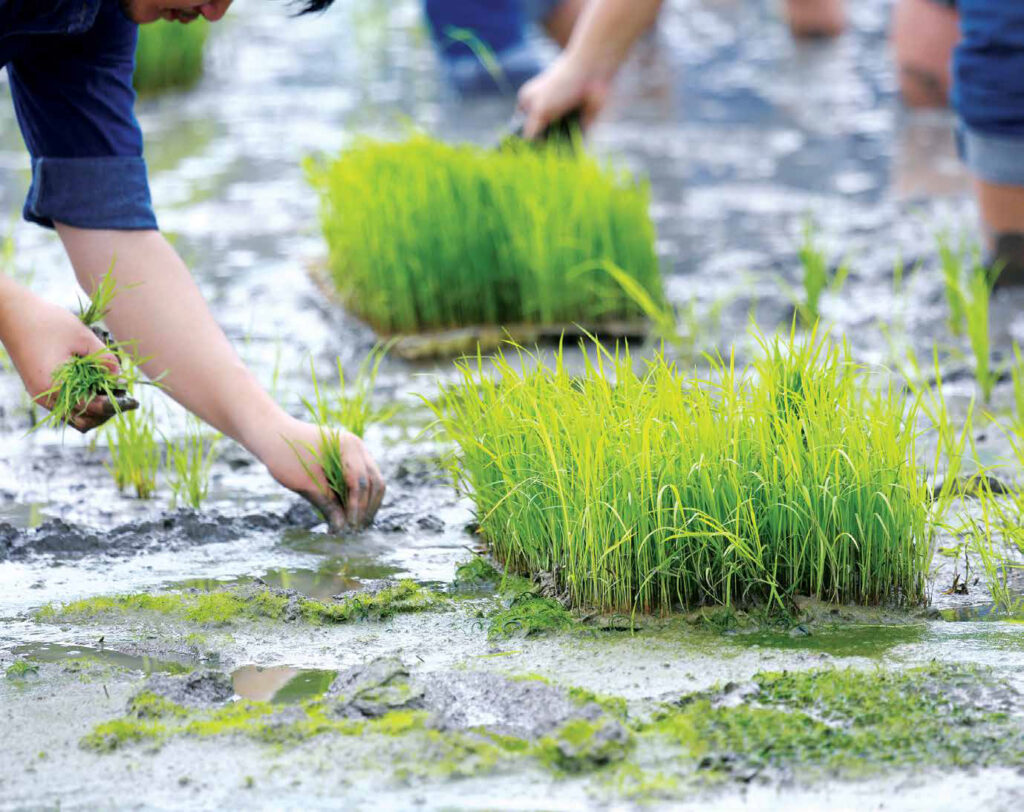Halal, meaning “permissible” in Arabic, represents a fundamental aspect of Islamic faith. It encompasses a wide array of products and services that adhere to specific religious guidelines beyond culinary considerations, extending into finance, cosmetics, pharmaceuticals and more.
Given Brunei’s commitment to practising Islamic law as a way of life and a cornerstone of governance, the nation is dedicated to emerging as a regional and global hub for the halal industry. The development of halal and Islamic goods and services presents a significant opportunity for Brunei Darussalam as the global halal industry continues to expand.
This strategic move not only capitalises on the enormous potential of halal markets but also plays a central role in ensuring food security for Muslims residing in non-Islamic practising countries.
In Brunei, halal certification is issued and controlled by the Brunei Islamic Religious Council (MUIB) under the Ministry of Religious Affairs (MoRA). The Halal Food Control Division under the MoRA is responsible for the enforcement of Halal Meat Act, Chapter 183 and its regulations, and Halal Certificate and Halal Label Order (2005). All restaurants and food manufacturers catering to the Muslim community are required to obtain a halal certificate or halal branding under this order.
Adding on to the country’s implementation of Syariah law, it will further enhance the confidence that Brunei is fully determined to set its goal as a halal industry hub regionally and internationally.
With approximately 80 per cent of Brunei’s population adhering to Islam, the nation has cultivated a robust halal ecosystem, boasting stringent and reliable certification standards, making it an attractive prospect for trade partnerships in the halal industry.
BIMP-EAGA
The BIMP-EAGA Vision 2025 underscores the pivotal role of halal as a driver of growth, particularly in the food sector. The vision aims to develop a competitive halal sector producing market-compliant products and services for local and global markets, in addition to establishing standards and harmonising the halal industry across member countries.
In 2022, the BIMP-EAGA (Brunei Darussalam-Indonesia-Malaysia- Philippines East ASEAN Growth Area) demonstrated its allure for foreign and domestic investments. Foreign direct investments (FDIs) surged to USD19.9 billion, a notable 46.7 per cent increase from the previous year. Domestic investments reached USD8.7 billion, marking a 19.3 per cent increase.
Within the BIMP-EAGA framework, Brunei Darussalam and the Philippines are actively exploring trade prospects, particularly in the domains of rice and halal products. In September 2023, it was announced that the Philippines plans to export Jasmine and sticky rice variants to Brunei between 2024 and 2025.
In return, Brunei is contemplating to export halal beef, lamb and other meat products to the Philippines. Brunei is also considering opening its doors to Philippine industries interested in producing halal-certified goods.
Officials are also contemplating the renewal of a memorandum of understanding, initially signed in 2011, focusing on bilateral cooperation to advance the food basket initiatives of BIMP-EAGA, agriculture, fisheries, food processing, and halal industries in both countries. Efforts to establish BIMPEAGA as a food basket within ASEAN and Asia involve integrating the agroindustry and fisheries sectors, building supply and value chains throughout the subregion. This strategic approach aims to enhance food security, create sustainable livelihoods, and reduce poverty.
Additionally, the two nations are exploring scholarship opportunities and collaborative hybrid rice research at the Centre for Research on Agri- Food Science and Technology, Universiti Teknologi Brunei.
The economic cooperation between Brunei and the Philippines is evident in the trade figures. Brunei’s exports to the Philippines reached USD426.91 million in 2022, while the Philippines’ exports to Brunei amounted to USD159.82 million. The growing synergy in the trade of rice and halal products underscores the potential for further economic cooperation and diversification between these two nations.
Halal pharmaceuticals and health supplements

Halal pharmaceuticals and health supplements are rapidly gaining prominence in the global healthcare and wellness industry. Complying with strict Islamic dietary laws, these products ensure that ingredients, manufacturing processes, and final formulations are free from any forbidden (haram) substances or practices.
Beyond meeting religious dietary requirements, halal pharmaceuticals and health supplements appeal to consumers seeking ethically-produced healthcare solutions, positioning this sector as a significant player in the health and wellness market.
The increase in global demand for halal pharmaceuticals and health supplements reflects the widespread acceptance of halal products. In this context, Brunei has implemented stringent standards for the production and handling of these products, covering aspects from raw material sourcing to manufacturing, packaging, transportation and storage.
Brunei’s guidelines prohibit halal medicinal products, traditional medicines, and health supplements from containing components or substances derived from non-halal animals or animals not slaughtered in accordance with Islamic law. Furthermore, these products must be free from any substances classified as impure (najis) under Islamic law, ensuring consumer safety and product integrity.
The entire production process, including facilities and equipment, must adhere to contamination-free standards as defined by Islamic law. This commitment not only aligns with religious dietary requirements but also underscores the dedication to ensuring the safety and integrity of halal pharmaceuticals and health supplements.


